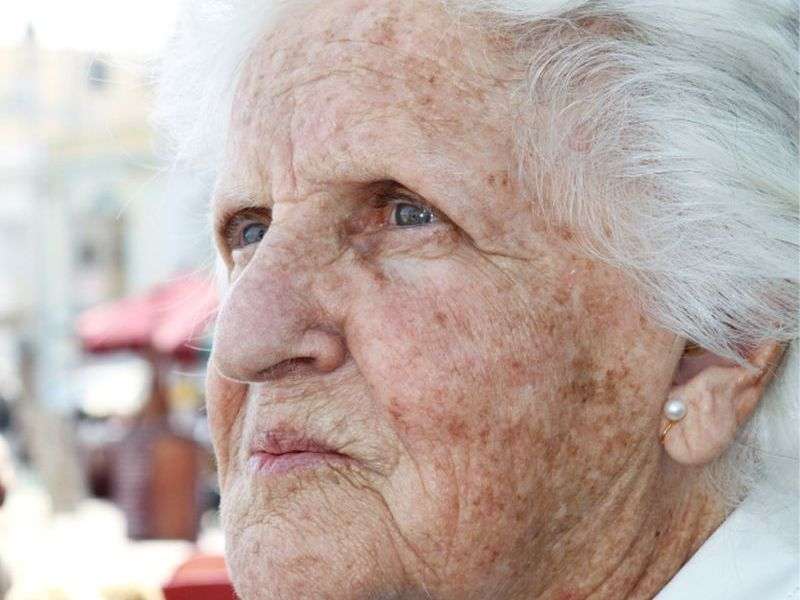(HealthDay)—Life expectancy does not appear to influence patterns of treatment for keratinocyte carcinoma (KC), according to a study published online June 15 in the Journal of the American Geriatrics Society.
Eleni Linos, M.D., Dr.P.H., from the University of California at San Francisco, and colleagues conducted a nationally representative cross-sectional study to examine whether life expectancy influences treatment patterns for KC. Data were included from 9,653 treatments for 2,702 individuals aged 65 years and older treated for basal or squamous cell carcinoma from 1992 to 2012.
The researchers found that 61 percent of KCs were treated surgically. There was no difference in the rates of Mohs micrographic surgery (MMS), excision, and electrodesiccation and curettage (19, 42, and 39 percent, respectively) for participants with limited versus normal life expectancy. For example, the rate of MMS was 19 percent among participants with difficulty or dependence in activities of daily living, 20 percent among those with a Charlson comorbidity score greater than 3, and 15 percent among patients in their last year of life. Treatments were equivalent for patients who died within one year of diagnosis and for those who lived longer.
"Although intensive treatment of skin cancer when it causes symptoms may be indicated regardless of life expectancy, persons with limited life expectancy should be given choices to ensure that the treatment matches their goals and preferences," the authors write.
One author disclosed financial ties to Genentech.
More information:
Abstract
Full Text
Journal information: Journal of the American Geriatrics Society
Copyright © 2016 HealthDay. All rights reserved.






















